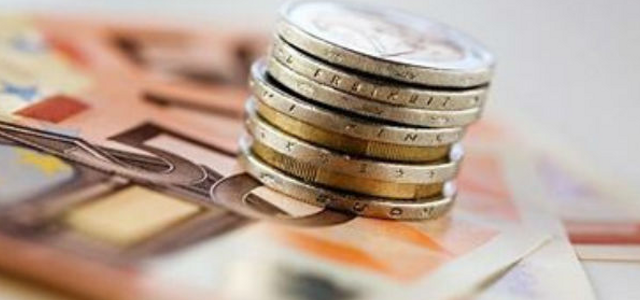Electricity and fuel prices in Greece increased by 27% in 2012 as shown by the data announced by the Ministry of Economy and Development, which presented a study on the level of prices for last year based on data from Eurostat and the Greek Statistical Authority. The 0.8% rate of inflation in 2012 was the lowest from the 1960s until today. The lack of funding for the real economy, the severe collapse of citizens’ revenue and the overall reduction in consumption resulted in a 5.38% decline in the index of consumer prices.
However, the prices of electricity, fuel oil and other fuels rose significantly due to the increase in taxes and excise duties. The average increase in fuel and electricity prices in the European Union was 5.5%. There was an increase in the price of meat (1.8%) compared to 2011 due to higher imports as stated by the ministry. The increase in the price of eggs was 8% due to changes in the law.
The largest was the decrease in the prices of vegetables - 5.4%, cereals, baker’s products -1.6% and soft drinks -1.5%. "There was improvement in the prices of almost all the subcategories in the food industry in comparison with the average accepted price growth in the countries of Europe last year", government officials state, not announcing the real values of prices.
Local analysts note that despite the reductions, the real price value of many products remains higher than that in Greece. At the same time, personal incomes dropped significantly. According to data of the ministry, the free consumer income before the crisis had reached 40%. According to the union of private sector workers (GSEE), this income dropped by half for the workers and from 9% five years ago, unemployment surpassed 27% in late 2012.
There was an improvement of -1.4% in the price of olive oil and other oils whereas it rose by 2% in the European Union. In Europe, the prices of fruits and vegetables increased by 6.1% and 8.3% respectively and in Greece, they fell respectively by 0.5% and 5.4%.
Although labour costs in Greece fell by about 30% compared with the period before the crisis, production costs remain high. Production unit prices remain high compared to the average European level as well. "This is one of the biggest problems in the country. Actually, there will be a significant drop in the prices for end users when producer prices fall", states the ministry.
http://gogreece.about.com/gi/o.htm?zi=1/XJ&zTi=1&sdn=gogreece&cdn=travel&tm=9&f=22&tt=2&bt=1&bts=1&zu=http%3A//www.grreporter.info/en/


No comments:
Post a Comment